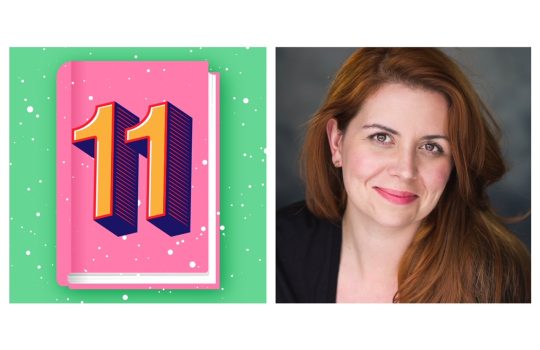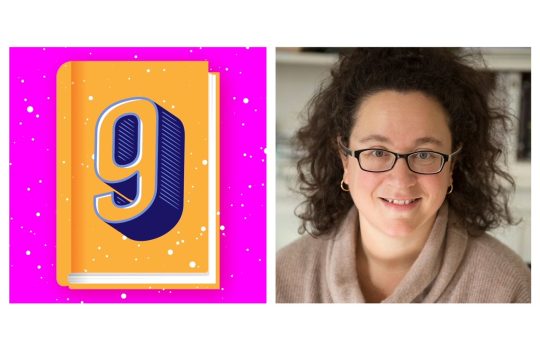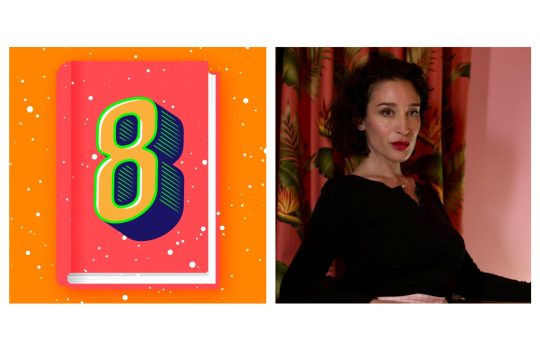On The Fourth Day of Christmas
November 13, 2022 2022-11-13 12:34On The Fourth Day of Christmas
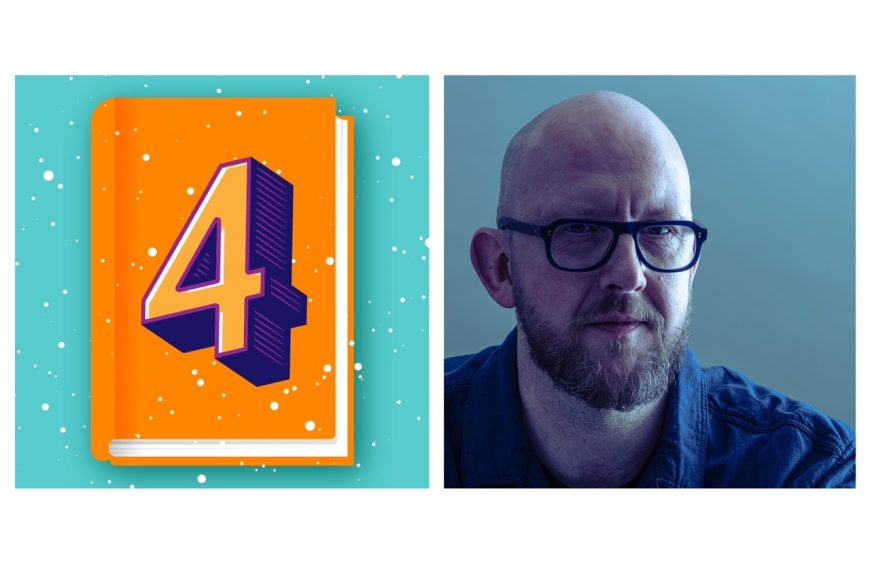
On The Fourth Day of Christmas
Welcome to day four of my Twelve Days of Christmas Writing Advice and boy, do I have a treat for you today.
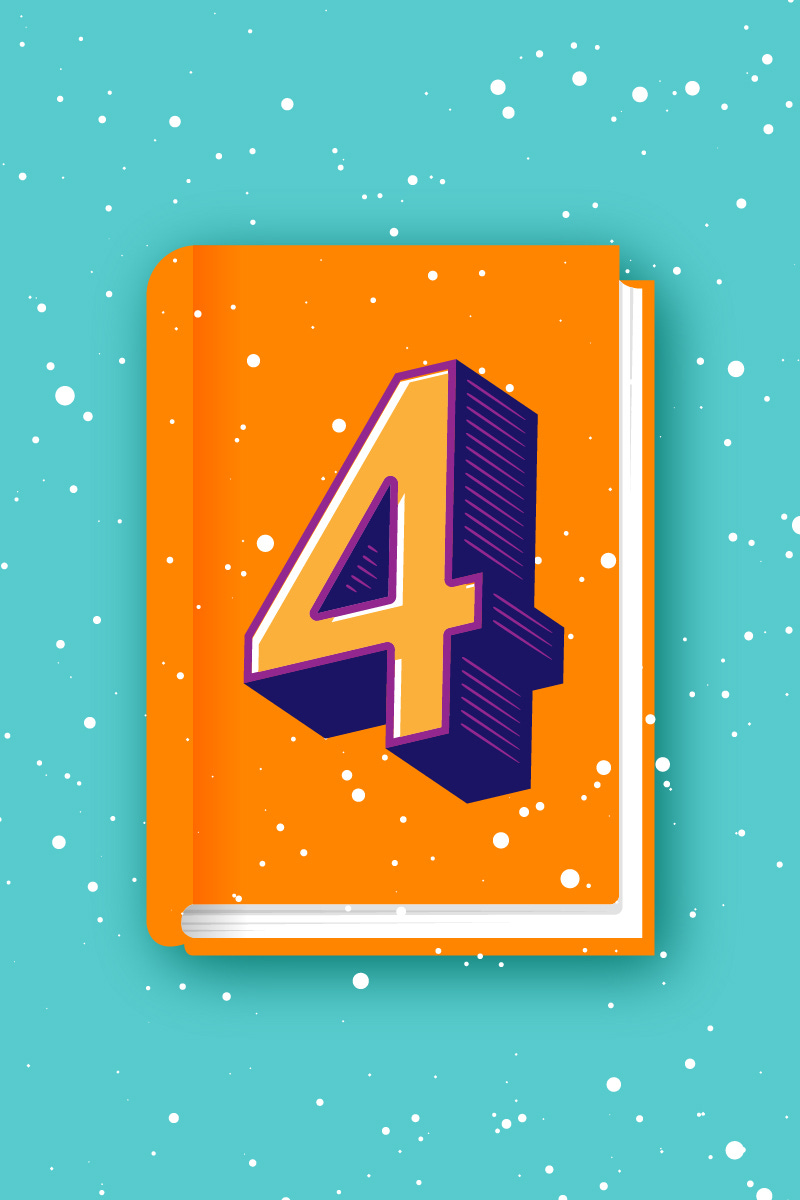
SJ Watson’s debut novel Before I Go To Sleep won many awards and sold an incredible six million copies around the world. It was also made into a Hollywood film staring Nicole Kidman and Colin Firth. He has written two further novels, Second Life and Final Cut and his work has been translated into more than forty languages.
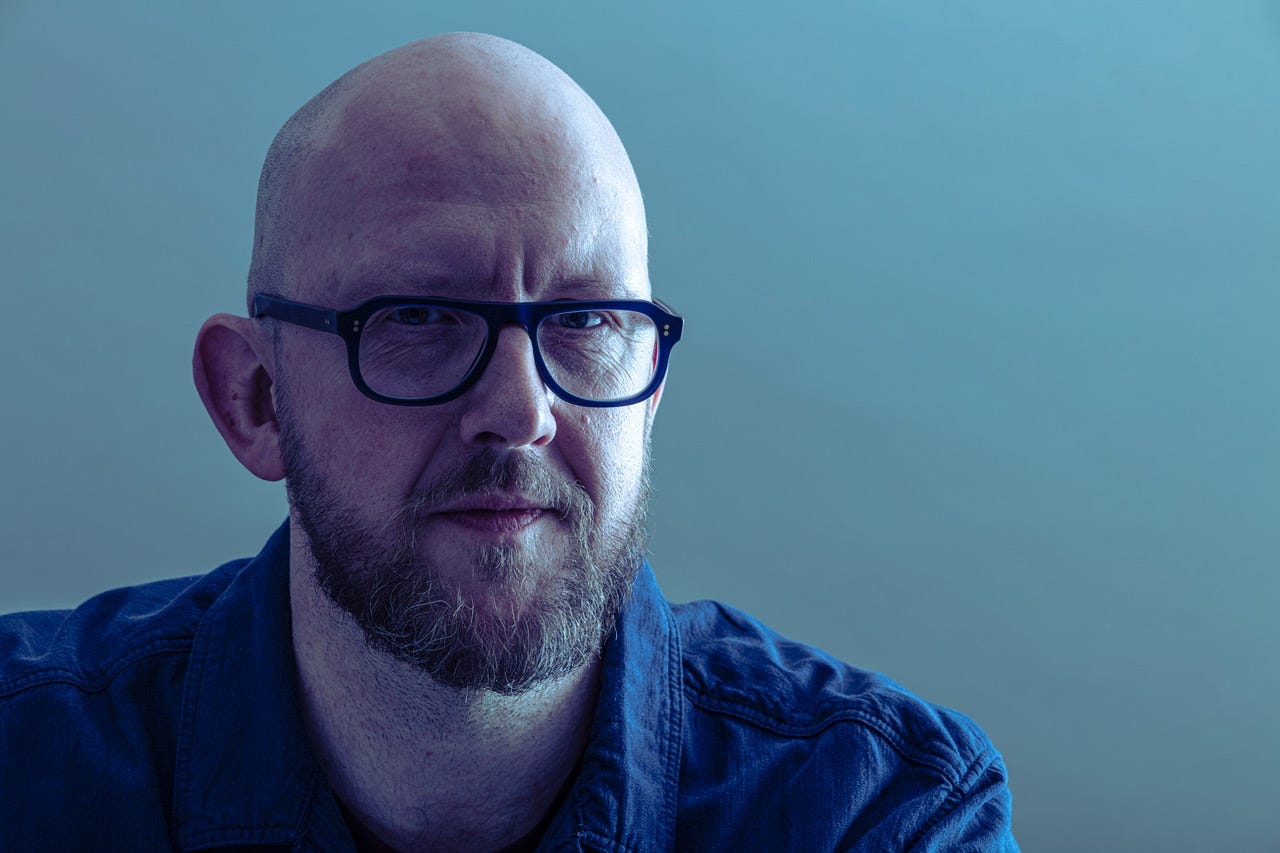
SJ Watson is also super generous with his time, and incredibly supportive of other authors — I remember messaging him seven or eight years ago and asking his advice about a creative writing course I was considering signing up for. He replied, and I did, and that marked the start of my own venture into fiction.
I am so honoured that he has agreed to share his wisdom here, with you. And so, without further ado, let’s hear from the man himself:
Occasionally I’m asked to give talks or meet students on creative writing courses. I usually kick off by asking the group why most books aren’t published, and the answers I get are revealing. Editors just want the same thing again and again, they say. Agents won’t even look at you unless you’ve had something printed in a magazine or won a short-story prize. You need to be famous, or married to/sleeping with someone famous, or in the publishing industry already (or married to/sleeping with someone who is… you get the general idea).
Only very occasionally will someone mention the one factor I consider to be the most important. Although everyone thinks they have a novel in them, most books simply aren’t good enough. So, my first piece of advice is,: concentrate less on ‘getting published’ and more on writing the best book you can.
But how? Here are a few of my tips.
It sounds obvious, but you need to write, write and then write some more. You don’t learn to ski by watching people ski, or listening to podcasts about skiing, (though listening to others who’ve been where you are now can certainly help you improve more quickly). You learn by getting on the slopes, having a go, falling over, picking yourself up, trying again. It’s the only way. So write. Write a rubbish book, but get it done. Edit it, or scrap it and start again. Keep going, for as long as you feel your writing is improving. Show someone, get their feedback if it helps, but don’t stop writing. They say you need to put in ten thousand hours to become an expert at something, so you’d better start now.
But what to write? Even in a plot-driven book, you need to know your characters. Some people write entire biographies for the people who will populate their book, they give them a CV and write the letter they’d send to their mother/daughter/best friend, they work out their personality type and know what their favourite colour is (and, more importantly, why), and they do all this before they start writing. Others don’t. They just have an impression of who this person is, and discover the rest as they go along.
That said, at the very least, I’d say you need to know what your characters want. Your main character, certainly. A story is always, at its heart, about desire. Someone wants something, and this is how they try to get it. A cop wants to catch the killer before he strikes again. A daughter wishes to marry the man she loves. So, ask yourself. What does your character want?
But, crucially, what is standing in their way? The killer doesn’t want to be caught, and he’s clever. The mother thinks it’s her daughter’s duty to marry someone else. (Imagine a serial-killer story in which the murderer left his DNA all over the scene and a trail of bloody footprints that led to his underground lair. Great in real life, maybe, but not much fun in a novel. Imagine a romance in which love is reciprocated, everyone thinks they’re a tremendous match and there are no obstacles to their happy ever after. Would you read it?) You can deepen your narrative by having the hero stand in their own way, but you almost always need an external antagonist too. And don’t forget, everyone is the hero of their own story. So give your antagonist a desire too, one that brings them into direct conflict with your hero. The serial killer isn’t evading capture just to annoy your cop and give you a story to write, he’s doing it because he needs to kill, he can’t conceive of another way of existing, or because he has a grand plan that he believes will restore order to the universe, or maybe he thinks he’s doing God’s work. The mother isn’t just trying to annoy her daughter. She thinks her way is best, it’s the only solution to get the family out of the mess they’re in. Create competing needs and see the sparks fly.
You have your characters? Now write. Throw words down, and keep in mind that books are created in the edit. And, during this edit, remember you must be ruthless. Don’t keep something that doesn’t belong in the book as a whole just because you have fond memories of the day you wrote it, or because you think it’s a particularly beautiful passage. If it doesn’t serve the book, take it out. (By all means drop it into another folder called ‘stuff I might use later’, but know that you probably won’t. This is freeing).
What else? You need to read plenty, too. That should go without saying. But read with a writer’s head on. Ask yourself why something worked (or didn’t). Try to get beyond the surface of the novel in your hands and see how it was put together. Reread old books that you love, but take them apart this time and see how they worked. Make notes, about everything, everywhere you go. Make observing things and people a habit you no longer even think about.
And one more thing. Find your own way. You’ll hear people say they write in the early hours, straight onto the computer, with a glass of whisky. They write one thousand words a day, they do one draft, with no plan, then send the book off to their editor. But you’ll also hear people who tell you pen and paper is the only way, you need a detailed plan, a chapter by chapter breakdown. They write first thing, before the family awake, and go through six or seven drafts before showing anyone. The reality is, there is no right way, no wrong way. There is just the way that works for you, right now. So try things out, do something that’s counter-intuitive, just to see whether it shines a different light on your material. Take forward what helps, reject what doesn’t, and yes that includes any advice you’ve read here. Be playful. It’s supposed to be fun, after all. At least some of the time. Good luck!
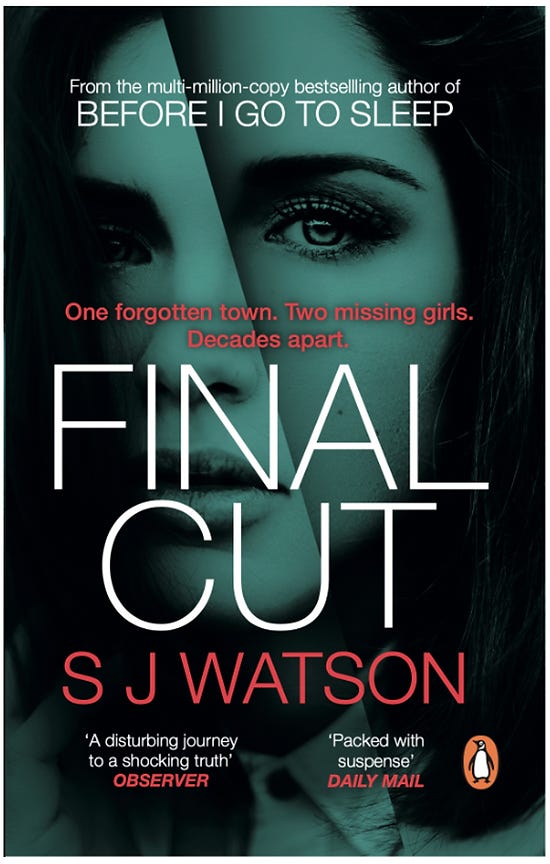
• SJ Watson has an excellent substack himself which I subscribe to and I would thoroughly recommend. You can find it here.


